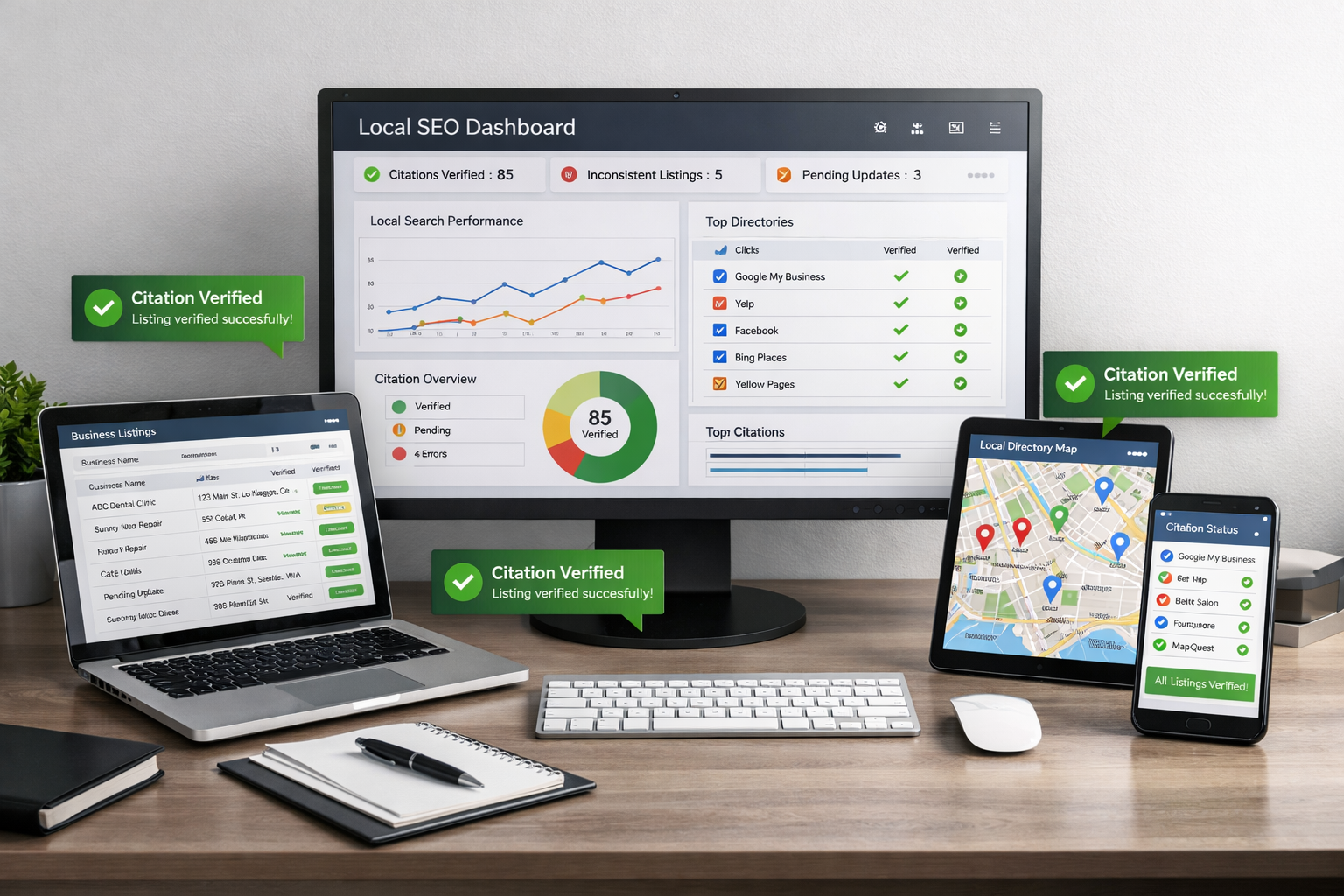How to Prioritize Your Online Marketing Budget
Introduction: Understanding the Importance of Managing Your Marketing Budget
Managing your marketing budget effectively is crucial for small business owners looking to make the most out of their online marketing efforts. By prioritizing where to allocate your resources, you can maximize the impact of your budget and achieve your business goals efficiently. In this blog, we'll explore practical tips on how to prioritize your online marketing budget to drive success for your small business.
Identifying and Ranking Your Marketing Goals
Before diving into budget allocation, it's essential to have a clear thought process to identify and rank your marketing goals based on business urgency. Some common goals may include generating more leads, improving SEO visibility, increasing website traffic, or establishing new branding. By prioritizing these goals, you can focus your budget on initiatives that will have the most significant impact on your business.
Example: Prioritizing Leads and SEO
Let's consider an example of a small business owner who identifies generating more leads as their top priority, with an additional goal of improving SEO visibility. In this scenario, allocating budget towards strategies that directly impact lead generation, such as paid advertising campaigns or lead generation services like
GetPhound's paid ads service, would be a priority. Additionally, investing in
GetPhound's SEO service can help improve the business's SEO visibility, aligning with their secondary goal.
Prioritizing Your Online Marketing Budget
Now that you've identified your marketing goals, it's time to prioritize your online marketing budget accordingly. Here are some tips to help you make informed decisions:
1. Assess Your Current Marketing Efforts:
Evaluate your existing marketing strategies and their effectiveness in achieving your goals. Identify areas where you're seeing the most success and areas that may need improvement or reallocation of resources.
2. Allocate Budget Based on Priorities:
Once you've identified your top priorities, allocate a significant portion of your budget towards initiatives that directly contribute to achieving those goals. For example, if generating more leads is your top priority, consider investing in paid advertising, lead generation services, or targeted marketing campaigns.
3. Consider Long-Term Impact:
While it's essential to focus on urgent goals, also consider the long-term impact of your marketing efforts. Investing in strategies like SEO or branding may not yield immediate results but can have a significant impact on your business's growth and sustainability over time.
4. Monitor and Adjust:
Regularly monitor the performance of your marketing efforts and adjust your budget allocation accordingly. Keep track of key metrics related to your goals, such as lead conversion rates, website traffic, or search engine rankings, and make data-driven decisions to optimize your budget.
Summary: Making the Most of Your Marketing Budget
In conclusion, managing your marketing budget effectively is essential for small business owners looking to drive success in their online marketing efforts. By prioritizing goals based on business urgency, such as
generating more leads or
improving SEO visibility, and allocating budget accordingly, you can maximize the impact of your marketing initiatives. Remember to assess your current marketing efforts, consider the long-term impact of your investments, and regularly monitor and adjust your budget allocation to ensure optimal results. With careful planning and strategic allocation of resources, you can make the most out of your marketing budget and achieve your business goals efficiently.











